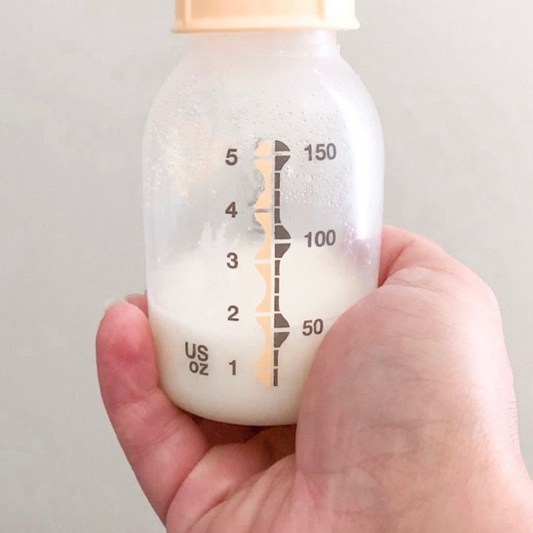Tip #1 - Stay Well Hydrated
Staying well-hydrated is essential for many reasons. Dehydration can affect your milk supply, your energy levels, and your mental clarity. A water bottle should be your constant companion. My favorite tip to make drinking water easy is to fill several water bottles at the start of every day. Distribute them around your house, where you will be spending time.- The living room
- The kitchen
- On your bedside table
- Next to a special chair where you plan to breastfeed
- Don’t forget to put one in your diaper bag.



